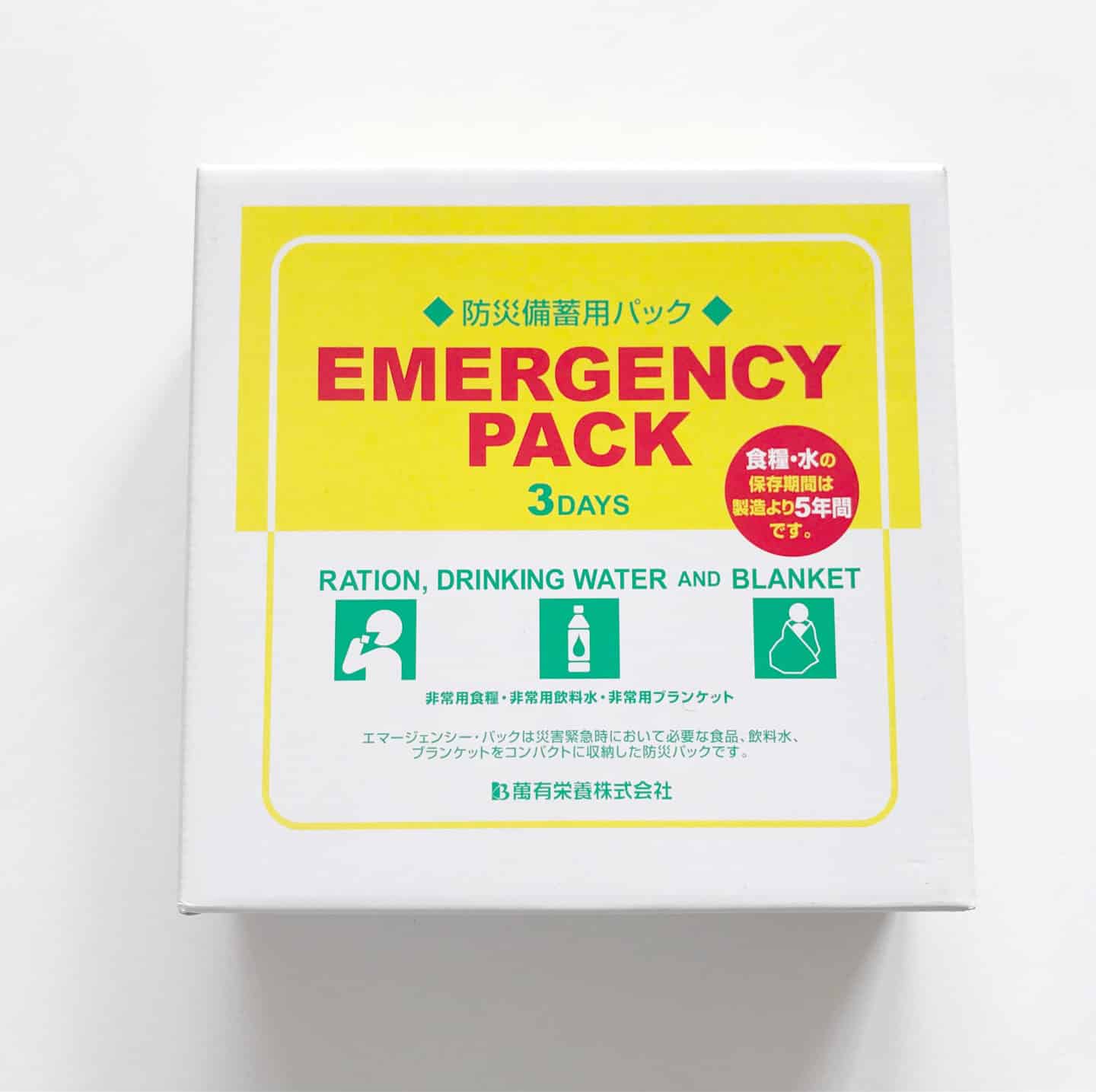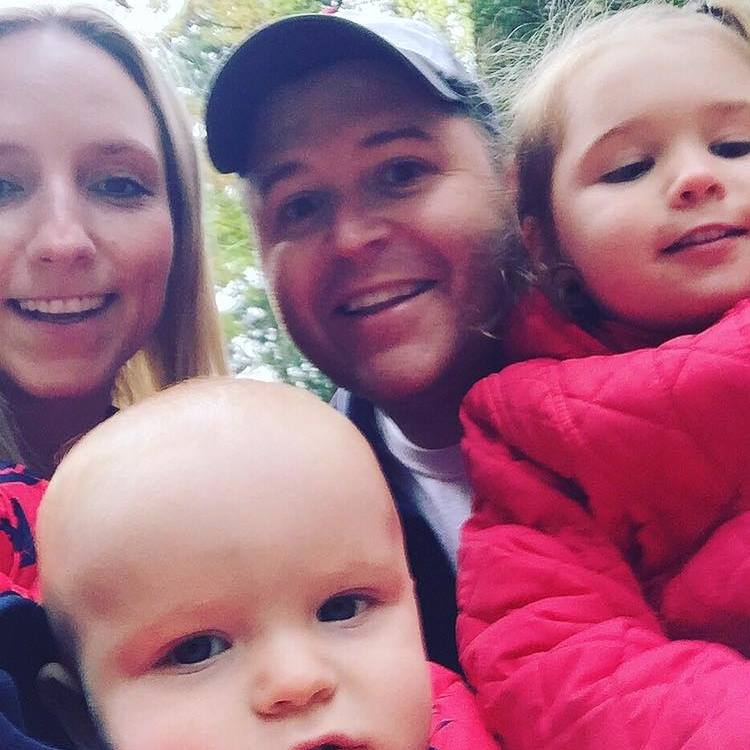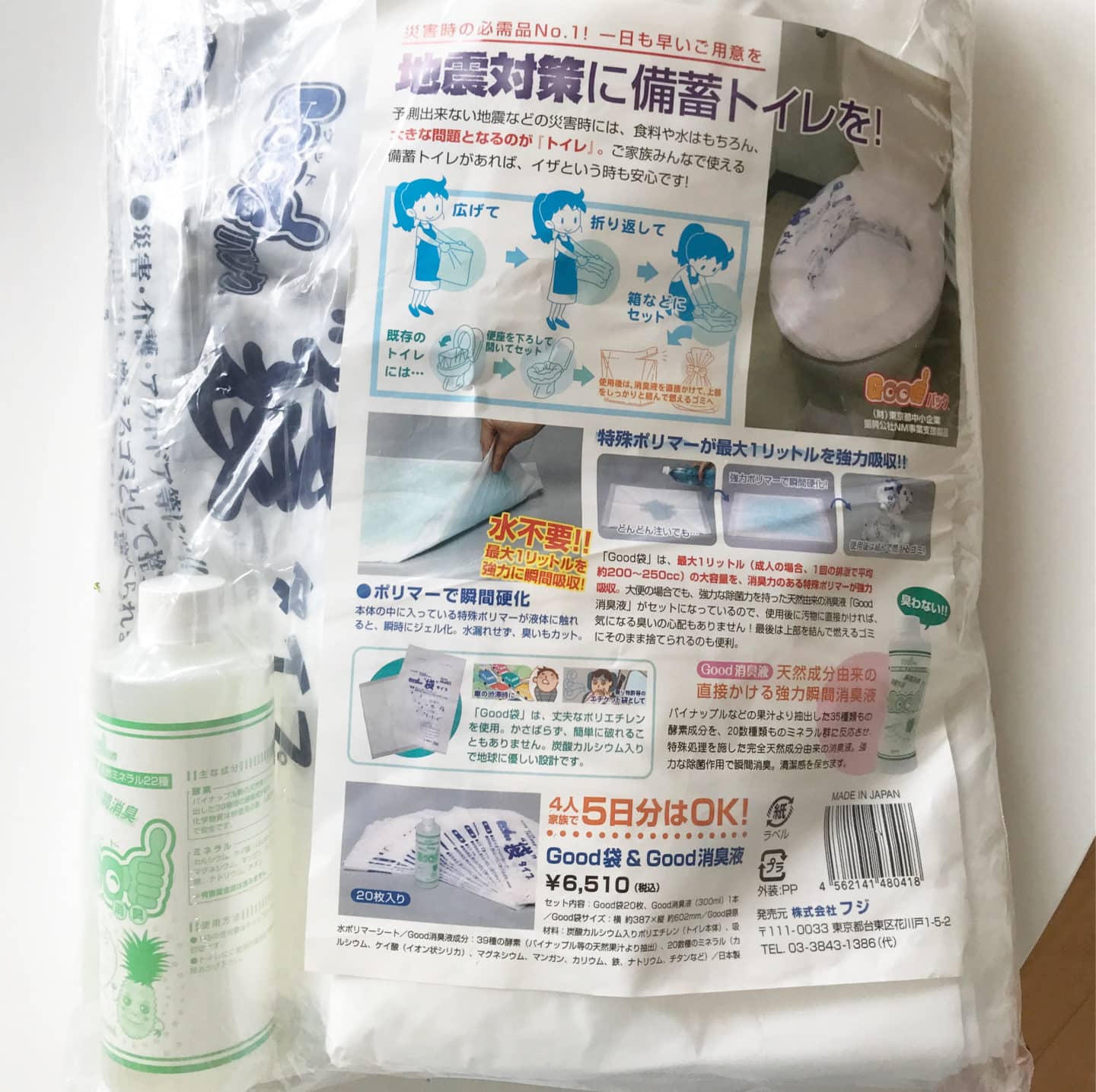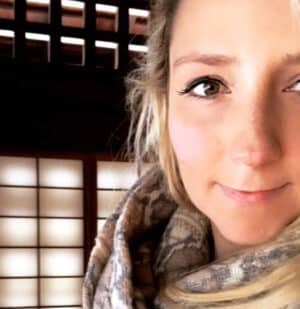

I’m, by no means, an expert in the art of Earthquake related safety & advice but I did attend the most fantastic talk at my daughter’s school when we first moved here by the WaNavi team and I also have been here long enough to have had my fair share of little earthquakes ( I have been fortunate enough not to have been in Japan during a major earthquake.)
So…combine my completely nerdy “need-to-organize-the-entire-world” personality , the fact that I am a total wuss-bag and a hubby is also not into taking risks (especially since having children) and you get a plan that works for us (and evolves as our situation changes – kids growing up more, different travel plans and visitors etc.)
The Wanavi talk was something I wasn’t really sure I wanted to do , at first, as I thought it would make me more afraid once I heard other people’s stories and ..just general terrifying tales of tsunami terrors etc. But, in fact, it did the exact opposite. It showed me just how much Japan is organized for earthquakes – you’re safer here than any other country on a fault line, that’s for sure.
The buildings are ready, there are major roads throughout Japan that will closed to general traffic and only be used by emergency vehicles in the instance of a major earthquake and the other knowledge that Japanese people are almost always calm and completely take the “your turn, my turn” concept when it comes to their own personal safety. Did you know that after Japan’s most recent earthquake, Tokyoites calmly lined up for hours just waiting to use the pay phone? No pushing. No bribery. No panic. Amazing, yes?
Warning : I am a really, really geeky person so I’ve probably over-thought this whole planning thing way too much. I think my control issues are screaming out loud and clear here …but megghhh …this blog post can be my Doctor Phil for me for a bit, okay?
My husband and I decided that we will never take earthquakes lightly. We live here because it suits our current lifestyle, we love it here, its so safe for kiddies…blah blah blah…we heart Tokyo…blah blah blah…..and, basically, the earthquake matter is rarely talked about in our house – we feel as prepared as we can and haven’t had any cause for concern either.
So …we have our standard earthquake kit which contains 3 days worth of food and water, a torch, water absorbent sheets that can be used in the toilet bowl if we didn’t have running water and now a blanket too (as we had a false alarm one time with an earthquake warning once time and my kiddies were butt-naked after their bath and I was picturing us doing nudey runs while evacuating.) The set supplies can all be purchased at Tokyu Hands and a lot of hardware stores have an emergency section too. Amazon Japan has a decent range as well.


Our earthquake kit storage spot is the genkan (japanese entrance hall when you take off your shoes) and that is where we would congregate in the instance of an earthquake. There are a few reasons that we have decided on that spot. First off because it is an area with no windows so there wouldn’t be broken glass anywhere, also, its’ where our shoes are if we need to evacuate. This is also the spot where we keep our strollers – something that would also make it easier to evacuate with the children (also, 9 times out of 10 it has my nappy bag on top too which means that I already have a semi-prepped spare clothes, nappies and wipes pack done and ready to go. (I also have an old pair of sneakers tucked under our bed but I’m the only one in the family who has done this because….well….I’m a bit crazy….)
**It’s a good idea to have passport photocopies ( and health insurance docs etc) in an evacuation pack too **
***I also just saw a fabulous suggestion on a Japanese blog that recommended adding Dry Shampoo to the pack. How clever is that?!***
The plan is to hang there with the front door half open (they say to do this so you don’t get trapped in your house if the building moves and the door is no longer functional.)
We are really lucky to live in a building with a manned reception desk so next we would wait for evacuation instructions. Our local park is the evacuation meeting point for our area.
Before we would leave the house or after a major earthquake is fill up the bath as, during previous major earthquakes in Japan, the water was shut off. So that would mean no bathing, no flushing the toilet etc.
The WaNavi people gave me a fantastic tip about always having a good stockpile of clingwrap (saran wrap if you’re from the States) : Then, if you have no running water, you could put it over plates and then dispose of the clingwrap on top and use that plate to eat off again and again (I’m kind of tempted to use this suggestion on just a lazy Friday night ? haha)
Another great tip is to have some tampons or pads included as well as battery charge packs from the convenience stores ( the style that run on batteries not electricity.)
Also, Japanese public phones ( the green ones) will never be removed and are well maintained as they are so important during emergencies. For this reason, we also keep 10 and 100 yen coins in our emergency kit (phone cards work too but coins are more foolproof. Also, if you had extra how lovely would it be to be able to give some to another person who needs to contact their own family?)
In the home we don’t have any large furniture that could easily tumble over and, actually, our child-proof locks help us out here too – keeping glasses inside the cabinet etc.
If an earthquake happened while my husband was at work, or if I was out and he was at home with the kids,the general plan if for whoever is home with the kiddies stays put (if we have to evacuate or anything we would leave a note on the door to let the other know where to find us.) And then hubby or I would walk back home from wherever we are – no matter how long that took. Our home is always our “base.”
My husband and I each have a “help card” in our wallets ( WaNavi have their printable version here. )
It has our contact numbers and a list of numbers to call in an emergency etc.
We both have the Yurekuru Call app on our phones. It’s free and will give an alarm as early as 30 seconds before an earthquake occurs – that precious 30 seconds can help me get to the kiddies etc. If you put this app on your phone make sure that you get the settings sorted, otherwise the alarm will sound for teeny, tiny wobbles – even for earthquakes in completely different parts of Japan.
I’ve been told that in an emergency it is likely that phones and internet will be down so not to depend on technology for communication. However, we do have the find my friends app so we can see where one another is (or was last before the internet went down) but we aren’t secretive people and I understand that this kind of stalker app isn’t for everyone. We find it really handy though – even if just for the reason of finding out if we left our phones in a cab etc. )
If I’m out and about with the kids on my own I would just follow the guidance of the shopping centre, station or wherever I am at that time. It’s really important to follow the emergency system set in place. Then you can be looked after properly and someone will know where you are.
Also did you know that all petrol stations/gas stations are to open their doors and provide water and let the general public use their restrooms in the instance of a major earthquake?
Another random earthquake fact my kids love?
See how some elevators in Japan have a little chair? It’s almost always actually can convert into a toilet in an emergency – incase you’re stuck in an elevator. Some big parks also have emergency “long-drop” style toilets that look like big concrete stools so that the general public have somewhere to…err… go… in an emergency.
I used to be really funny about asking earthquake questions to my daughter’s school or …anyone, really …but Japanese people are very matter of fact about it all. It’s as natural as asking where the bathrooms in a building are located.
Anyway….I think that’s the whole “earthquake” deal for us. I’m by no means a professional in this matter so I recommend contacting WaNavi or at least giving the WANAVI JAPAN website a proper run through. But these measures and contingency plans make it easy to not think about the “what-ifs” and just focus on my job being a Mummy.
I highly recommend printing out these WaNavi resources as soon as possible.
oh….and if an earthquake was to happen…can some please remind me that I have written this and have these plans in place? Like I said….I’m a total wuss-bag.
The Japan National Tourism Organization has a 24 hour visitor hotline. You can call for tourist information or in the case of an emergency. The number is 050-3816-2787,



